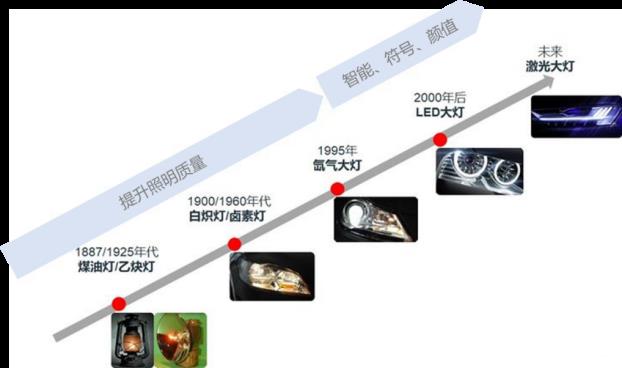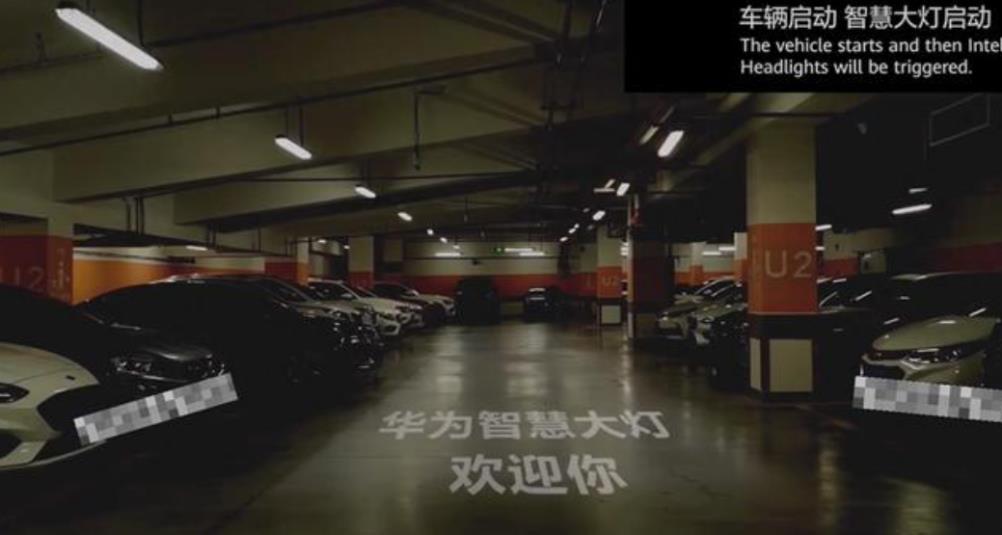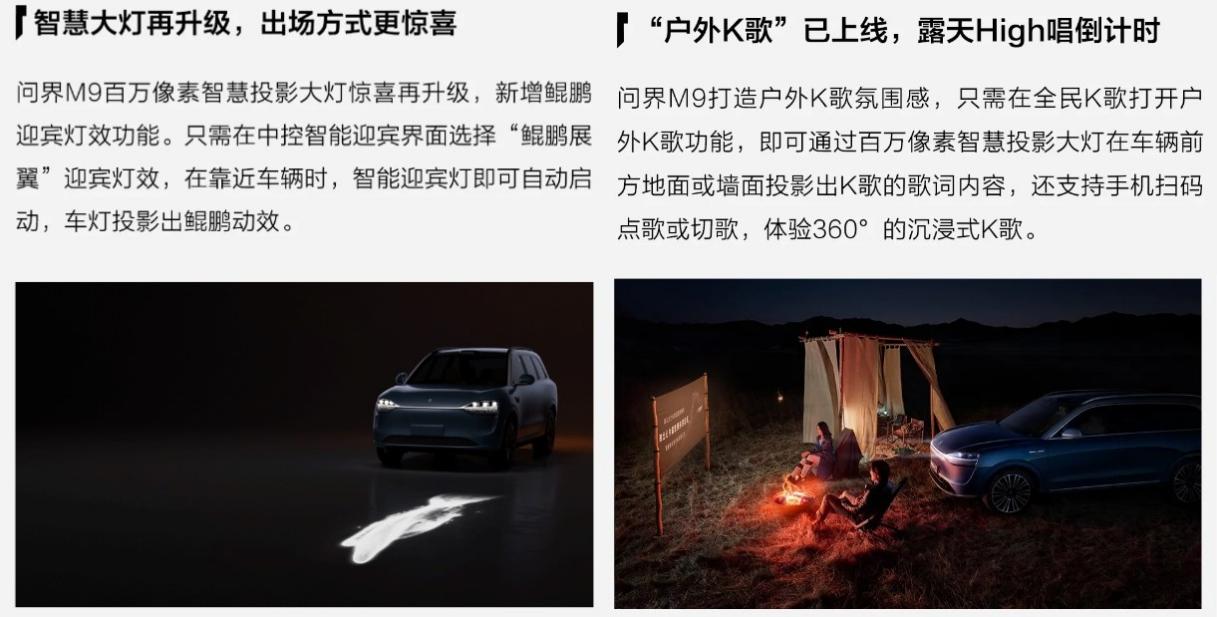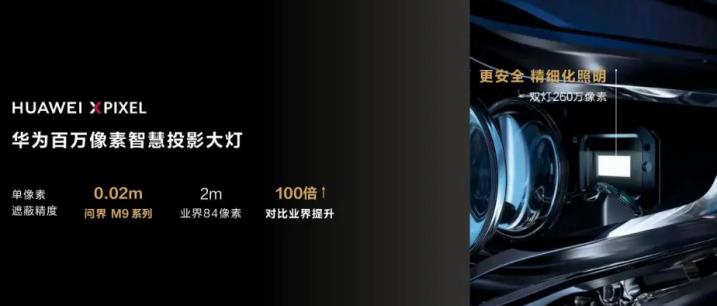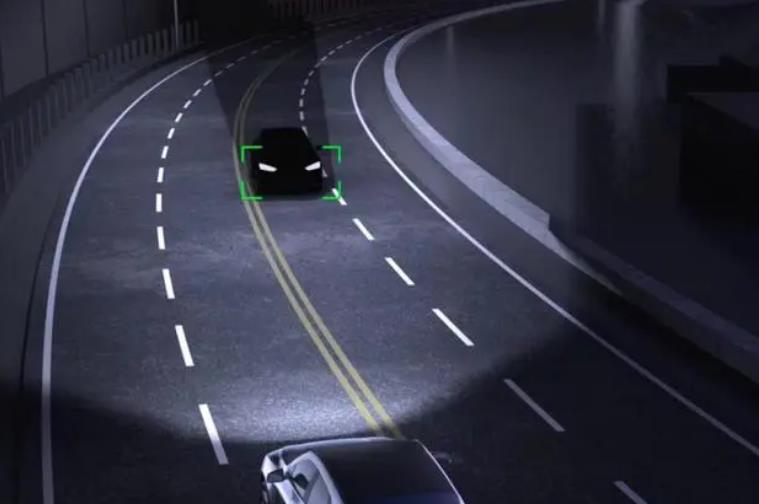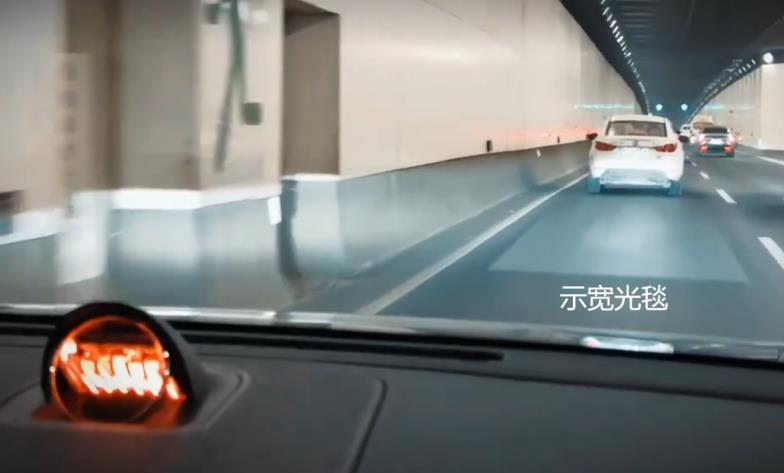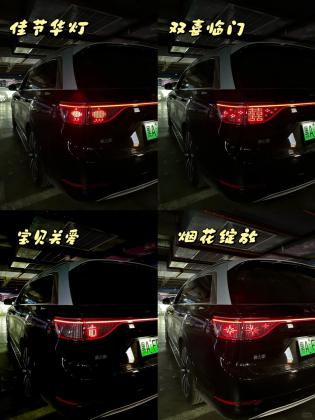Financial Investment Network News (Reporter, Liu Min)On February 21, Autonavi Maps’ integrated travel service platform was officially released at the seminar "Integration of scientific and technological innovation and reality to help build a transportation power". Autonavi Maps is the first batch of Internet platform companies to participate in the demonstration construction of a transportation power. The integrated travel service platform released this time is the result of its participation in the pilot construction of a transportation power.
Autonavi Map builds an integrated travel service platform in an aggregated model. At present, it has access to a full range of urban travel and intercity travel services, including urban travel services such as public transportation, subway, taxi, online car-hailing, walking, and motorcycles, trains, passenger transportation, airplanes, and other intercity travel services, as well as supporting services such as charging and refueling. Users can query real-time traffic information, plan travel routes, use navigation, taxi, shared bicycles, and other services. They can also directly buy train tickets, plane tickets, etc., which greatly improves travel convenience.
In order to promote ecological win-win and promote the integration of digital and real development. Yu Yongfu, chairperson of Autonavi Group, announced that the integrated travel service platform is Autonavi’s No. 1 project in 2023. Autonavi will adhere to the aggregation model, open up map navigation, technical services, platform traffic and other capabilities, and create a new combination with "old masters" who are deeply involved in the transportation industry to build an integrated travel service platform.
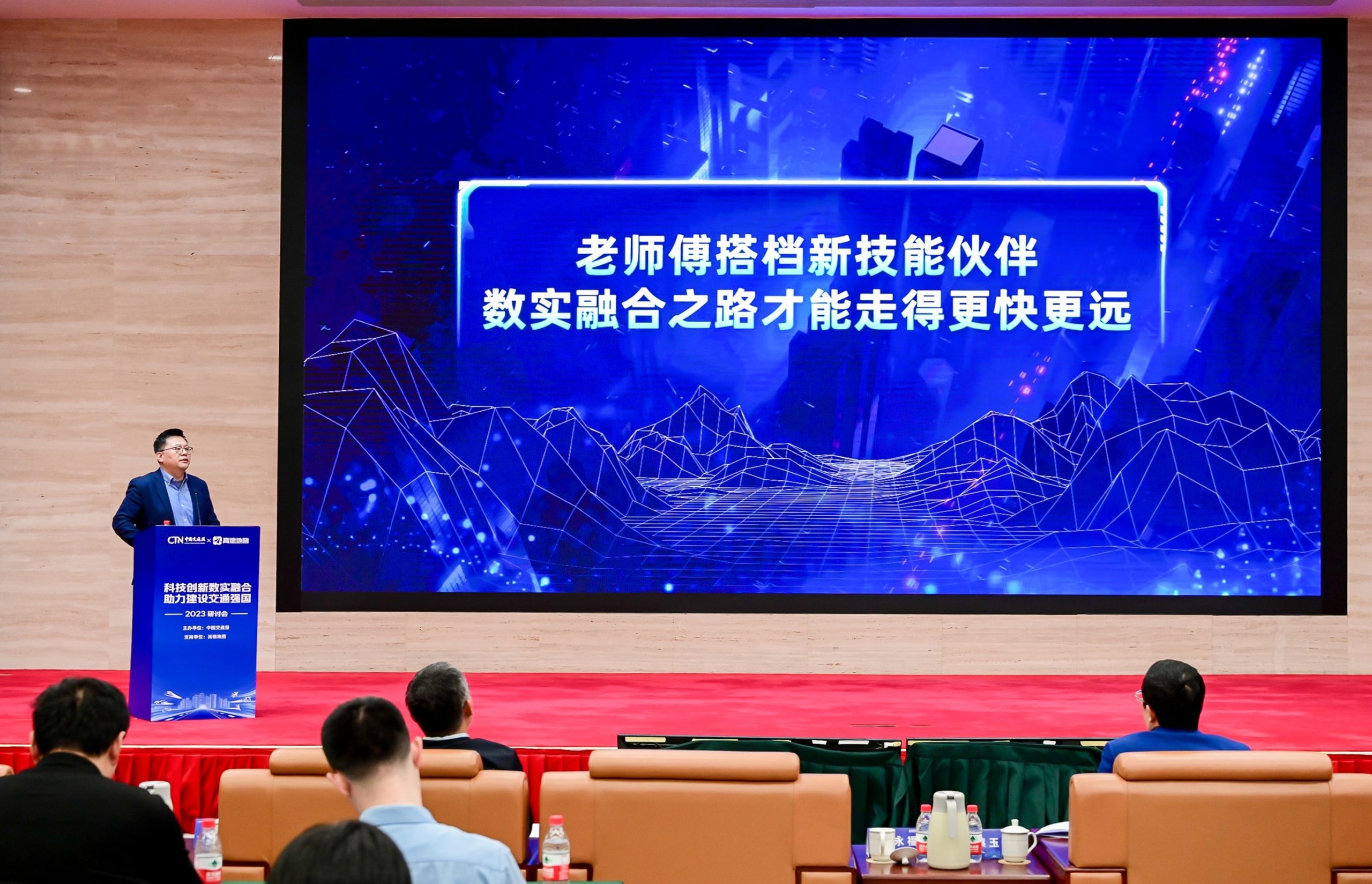
(Photo: Yu Yongfu, Chairperson of Autonavi Group, delivers a speech at the seminar on "Integration of scientific and technological innovation with reality to help build a transportation powerhouse")
Integrated travel service platform released
The integrated travel service platform released by Autonavi Map this time provides users with a one-stop travel entrance, allowing users to optimize their individual travel experience, and provides integrated travel planning for the industry. It is based on Autonavi’s smart transportation and other technical capabilities to achieve global efficiency optimization.
It is understood that the platform is the stage result of Autonavi Map’s participation in the pilot construction of a transportation power. In 2021, the pilot work of the special project of building a transportation power comprehensive transportation big data was approved. Among them, Autonavi Map, as a pilot unit, and the Scientific Research Institute of the Ministry of Transport, undertook the pilot task of improving the convenience of comprehensive transportation services, becoming the first batch of Internet platform enterprises to participate in the demonstration construction of a transportation power.
At present, the Autonavi integrated travel service platform has been integrated into a full range of urban and intercity travel services through the aggregation model, including urban travel services such as public transportation, subway, taxi, online car-hailing, walking, and motorcycles, as well as intercity travel services such as trains, passenger transportation, and airplanes, as well as supporting services such as charging and refueling.
Autonavi cooperates with public transportation groups and subway companies in major cities across the country to provide users with real-time public transportation, real-time subway full load rate inquiry and other travel services; Autonavi cooperates with the taxi industry in more than 100 cities to help taxi network integration and online orders; Autonavi and Chihiro jointly launched the "Beidou Travel Application Innovation Plan", calling Beidou satellite daily positioning volume has exceeded 300 billion times, realizing Beidou dominance, and launching next-generation navigation services such as lane-level navigation and traffic light countdown.
In intercity travel, Autonavi cooperates with platforms such as 12306, Ctrip, and Flying Pig to provide users with travel services such as intercity route planning and ticket purchase. In terms of travel supporting services, Autonavi Map cooperates with more than 30,000 gas stations, covering 340 cities across the country. It also cooperates with State Grid, Telegram, etc., to achieve national coverage with more than 110,000 online charging stations.
Adhere to the aggregation model and fully open to the "master"
The construction of the Autonavi map integrated travel service platform requires not only the aggregation of all types of services to facilitate public travel, but also the aggregation of global enterprises to promote the integrated development of the transportation industry.
How the traditional transportation industry can play its strengths in the digital age is the key to promoting the integration of digital and real. Traditional transportation enterprises are like "old masters", with professional capabilities such as transportation organization, vehicle and driver management, and safety production. They are professional in the transportation industry, but they urgently need digital upgrades. Newcomers who are good at using new digital skills are like "new masters" representing new forces in travel.
Yu Yongfu believes that there are three ways to integrate data and reality in the transportation industry: new travel forces use new skills and become new masters; old masters invest a long time in self-learning new skills; the third is that old masters cooperate with enterprises with digital technology to quickly master new skills and form new combinations.
"A better choice for the integration of numbers and reality may be the third way. The old master partners with new skills, and the road to the integration of numbers and reality can go faster and farther," Yu Yongfu said.
Therefore, Autonavi Maps has listed the construction of an integrated travel service platform as the No. 1 project in 2023, adhering to the aggregation model, and opening up map navigation, technical services, and platform traffic capabilities for all types of transportation services and global enterprises.
As early as 2017, Autonavi pioneered an aggregation model in the shared mobility business, partnering with traditional transportation companies, cruise taxi companies, etc., to help them achieve digital upgrades and find new business growth points during the down cycle of the industry.
Autonavi data shows that under the aggregation mode, the ecological partners that provide ride-hailing services have experienced a compound growth rate of more than 100% in the past three years, and the peak order volume of more than 100 cooperative network ride-hailing platforms has exceeded 100,000.
"The success of an integrated travel service platform relies on deep aggregation, and the end result of aggregation must be an integrated travel service." Yu Yongfu mentioned that the integrated travel service platform deeply integrates multiple travel modes, providing users with a one-stop travel entrance, reducing travel thresholds, and at the same time allowing the ecosystem that provides travel services to deeply integrate and drive ecological win-win. This is the important significance of the aggregation model.
Aggregation model helps regional employment and economic development
The high-quality development of transportation requires the construction of a "safe, convenient, efficient, green and economical" transportation system. Through the aggregation model, the development direction of Autonavi has been in line with the development of the industry.
Under the guidance and support of the Beijing Municipal Transportation Commission and the Beijing Municipal Bureau of Ecology and Environment, public transportation groups, subway companies, and Autonavi Maps have participated in the joint construction of Beijing MaaS, becoming the first green travel integrated platform in China to provide "door-to-door" services.
Beijing MaaS is also the first in China to encourage users to travel green with carbon inclusion, and has reached the world’s first green travel carbon trading. As of now, the number of users participating in carbon inclusion on the Beijing MaaS Autonavi platform has exceeded 2.30 million. In 2022, the total carbon emission reduction of green travel on the Beijing MaaS Autonavi platform exceeded 200,000 tons, which is equivalent to the emission reduction of 100,000 fuel vehicles that have been suspended for one year. In addition, the second phase of carbon trading reached 97,600 tons, and all rights and interests were returned to the Beijing MaaS users participating in the green travel carbon inclusion.
The development of ecological partners in the aggregation model has also created new job opportunities and contributed to the economic development of various regions.
In Shenzhen, CCCC Travel, funded by the National Connecting Transport Alliance, has driven the digital transformation of road passenger transport enterprises. In August 2022, CCCC Travel orders increased by nearly 240% year-on-year, resulting in several new job opportunities.
In Beijing, Autonavi’s Beijing Taxi, a network integration platform in partnership with the Beijing Taxi Association, has helped drivers increase their income by 20% after going live for half a year.
In Jinan, in 2021, Timely Car will land its headquarters in Jinan to help the local headquarters develop economically. In order to provide large-scale online car-hailing services, Timely Car will purchase 20,000 new energy vehicles in 2022, bringing growth momentum to local automobile industry chain enterprises.
Similar stories of traditional travel companies leveraging digital technology to create win-win situations have emerged across the country. The aggregation model not only provides a catalyst for regional economic growth and creates new opportunities for regional employment, but also drives the industry into a positive cycle of service capacity upgrading.
According to the Hangzhou online car-hailing service quality evaluation organized by the Hangzhou Municipal Transportation Bureau, in the fourth quarter of 2022, the top three online car-hailing platforms with average monthly orders 100,000 above are all ecological partners that provide taxi services in the aggregation ecosystem.

![[auto channel Information+Highlights List] 2022 "Dare to be the China Star of the Times" with Geely Automobile _fororder_image001](http://www.804.net.cn/wp-content/uploads/2023/12/162T0jIE.jpg)
![[auto channel Information+Highlights List] 2022 "Dare to be the China Star of the Times" with Geely Automobile _fororder_image005](http://www.804.net.cn/wp-content/uploads/2023/12/ai5QjFhD.jpg)
![[auto channel Information+Highlights List] 2022 "Dare to be the China Star of the Times" with Geely Automobile _fororder_image007](http://www.804.net.cn/wp-content/uploads/2023/12/7uu96v8h.jpg)
![[auto channel Information+Highlights List] 2022 "Dare to be the China Star of the Times" with Geely Automobile _fororder_image009](http://www.804.net.cn/wp-content/uploads/2023/12/9377w963.jpg)
![[auto channel Information+Highlights List] 2022 "Dare to be the China Star of the Times" with Geely Automobile _fororder_image011](http://www.804.net.cn/wp-content/uploads/2023/12/YPf2MhwO.jpg)

















